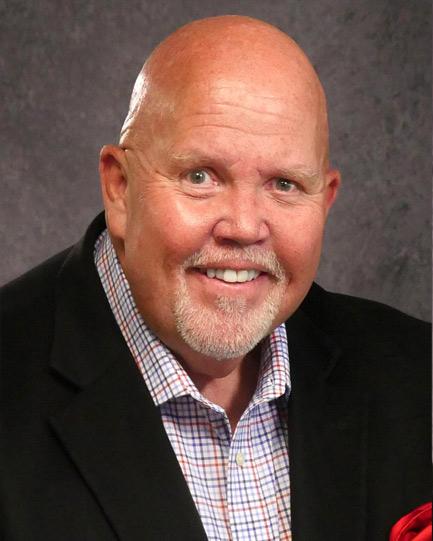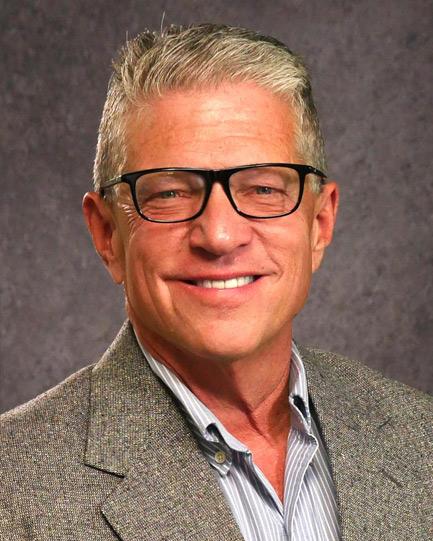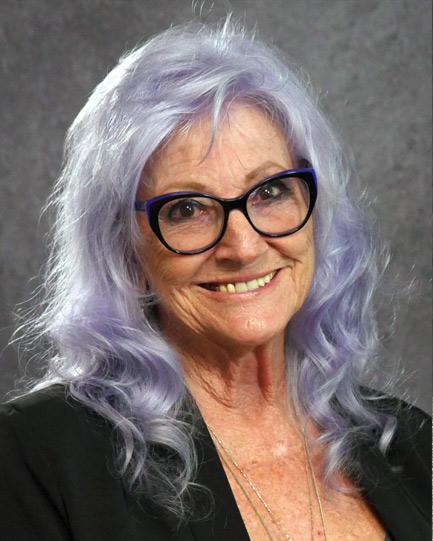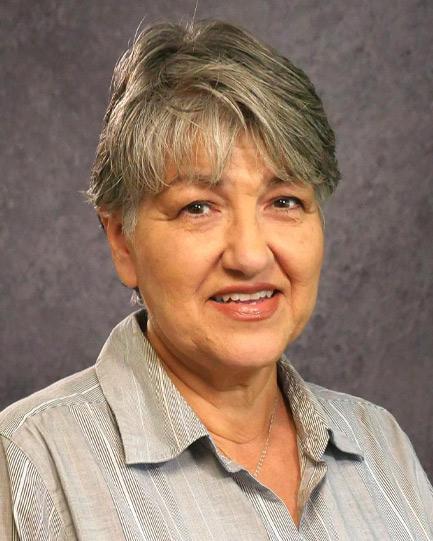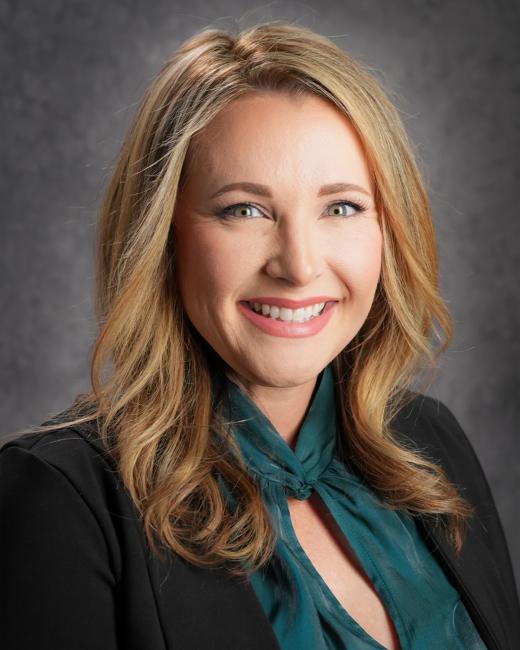As noted, Section 225 W&IC mandates that each county in the State of California shall have a Juvenile Justice Commission. The role of the Commission is set forth in Section 229 W&IC, wherein they are appointed by the Presiding Judge of the Superior Court to fulfill various responsibilities including monitoring administration of juvenile court law and supporting activities designed to prevent juvenile delinquency. Each year the Commissioners inspect any and all juvenile halls, law enforcement facilities and public or private group home or placement facilities in which one or more minors are present for any length of time. Inspections are the main role of the Commissioners to ensure that needed services are identified, developed and provided for all youth.
While conducting juvenile hall inspections, Commissioners review programs designed to address juvenile issues, menus for nutritious, well-balanced meals, safety and cleanliness of the facility, physical exercise regimes, health and mental health services and the classroom education provided. During inspections the Commissioners take the opportunity to speak to the youth and ask questions about their treatment and well-being. They may also ask staff questions about daily operations, program schedules and activity calendars. Upon completion of each inspection, the commissioners must provide a formal report of their findings to the Board of State and Community Corrections (BSCC), Presiding Judge of the Superior Juvenile Court, Chief Probation Officer, Director of Mental Health, Chairman of the Board of Supervisors, County Executive Officer, Office of Education Executive Director and the Director of the Facility being inspected.


